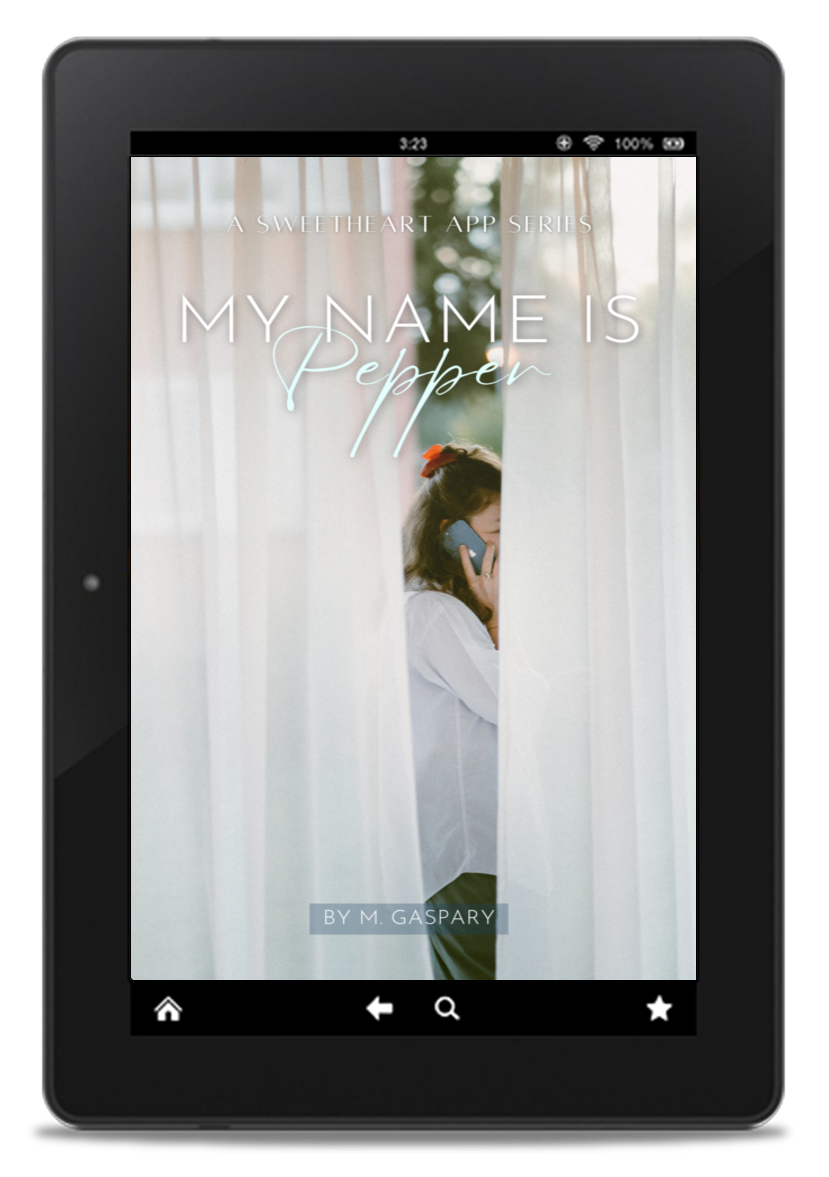Hi, I am Desiree, and I am NOT a native English speaker. I started learning English when I was 10, then moved to an English-speaking country in my twenties.
Table of Contents
- 5 Tips to Succeed As A Non-Native Speaking Freelancer
- Conclusion – How To Succeed Freelancing As A Non-Native Speaker?
I guess you would never know by reading my freelance work first-time or more, as I hardly ever mention it.
Before I get into why that is in my first tip, I want to acknowledge how difficult it can be to get your first writing gigs as a non-native speaker.
As Mecyll often notes here on her blog, many jobs come with a native speaker requirement, effectively shutting out foreign language learners.
It doesn’t occur to native English speakers that you might master a language other than your mother tongue.

All I can say is, it is worth noting that not everyone shares this thinking, or we wouldn’t have Nabokov’s masterful works — to name just one of many authors who have written in English as a second language.
All this aside, I want to share five tips for success as a non-native speaking freelance writer that has been helpful to me personally.
I hope they may be valuable to non-native speakers in the early days of their freelance careers. Here we go!
[hubspot type=form portal=7343047 id=e8d5dfdd-82cb-488e-81ae-9ffd1b4e9315]
5 Tips to Succeed As A Non-Native Speaking Freelancer
- Don’t draw attention to the fact that you aren’t a native speaker.
- Gather testimonials for your work.
- Continue immersing yourself in the language.
- Use Google to your advantage.
- Harness your insights about language learning.
1. Don’t draw attention to the fact that you aren’t a native speaker.
Unfortunately, prejudice exists, and it is real.
People might make assumptions about your language skills if you explicitly let them know that you aren’t a native speaker — so don’t willingly give them that opportunity.
If they can’t tell from the way you communicate with them, there is no need to mention your English proficiency in your pitches. They don’t need to know because you can write well.
The key is simple. It is to show your mastery of the language by blending in with all the other applicants.
You might be thinking that your name will give it away, so you should “own up” to the fact that you aren’t a native speaker.
I’m not saying that name bias doesn’t exist, but even if your name isn’t an English name, you shouldn’t feel the need to disclose anything.
Thanks to the diversity of modern American society. We now have a diversified population—from Asian to African—and a more accepting nation wherein native speakers cannot own the English language as their own anymore.
As a non-native speaker, your job is to pitch well, do your homework, and wait for a response — there’s never an obligation to defend your ability to speak English.
2. Gather testimonials for your work.
Much like a book launch does, your freelance career will also benefit from a few testimonials from previous clients.
If you’re about to start writing online for income, potential employers or clients will usually request samples of your work, as well as references.
With that said, it is wise to take advantage of LinkedIn as part of your social marketing strategy, either to promote your services or to find clients.
You would benefit from one or two handy testimonials on your LinkedIn profile or your website. Check out Mecyll’s post on making the most of this ever-useful platform.
Don’t be shy to reach out to people you’ve worked with in the past, asking them to contribute a short testimonial highlighting your professional strengths.
It’s daunting to do, but people tend to be more than happy to help.
3. Continue immersing yourself in the language.
If you learned English from a textbook, like me, it is likely for you to suffer from the occasional Textbook English Syndrome.
It isn’t a thing, by the way. Yet, it is the best way to convey the slightly soulless, proper English our teachers taught us in school.
While a native speaker may feel at home making casual jokes, puns, or using vibrant turns of phrase that keep their writing interesting, we non-native speakers have to work a little harder to inject that color into our output.
The good news is this is something you can work to improve. Never assume you’ve mastered a language completely.
Stay curious, and seek out inspiration from the writing of other people. It doesn’t have to be expensive!
Books that have been self-published on Amazon are frequently discounted or free, and writers looking to promote their books often do giveaways — so you could bag yourself a book if you know where to look.
Alternatively, the internet can offer tons of information about each genre or a bestseller to read. Here’s a handy list of must-read types of content Mecyll compiled for some inspiration.
[hubspot type=form portal=7343047 id=e8d5dfdd-82cb-488e-81ae-9ffd1b4e9315]
4. Use Google to your advantage.
Okay, so you do lots of reading and discover many fun phrases to keep your content as professional and intriguing as possible. What could go wrong?
Well, non-native speakers can get a little bit too excited when we come upon quirky expressions. We become impulsive and jump into using them before understanding their meanings.
For example, when I was young, I was fond of calling things infamous, feeling that the word added a sense of drama.
Well, it did. We use it to describe something or someone famous. However, it refers to someone famous for a negative reason.
To this day, if I decide to include a more colloquial phrase in my writing as chalk and cheese (my colleague’s favorite), I pause and Google it first to make sure I use it correctly.
It may seem pedantic, but this attention to detail is essential, especially when you want to make money as a writer.
5. Harness your insights about language learning.
I said earlier about not disclosing your background and being a non-native speaker. It is because clients tend to have allergies when they come into contact with us.
Yet, there is an important exception—unless it helps you stand out.
For example, Mecyll’s blog spotlights her journey to becoming a professional writer, marked by overcoming adversities related to being a non-native English speaker.
She does a fabulous job raising awareness that so many online non-native speakers write in seemingly perfect English for an income.
Her strong belief pushes her to spend most of her time building an online resource to help other non-native speakers. You can get access to her exclusive library here.
Conclusion – How To Succeed Freelancing As A Non-Native Speaker?
Now, what?
Are you ready to leverage your writing skills and make them profitable?
As you can see, only those who are tenacious and persistent win. And I can attest to the amount of work, time, and effort to create articles within a short time.
If you already benefited from language learning, why not use your exposure to grammar and thesaurus to your writing advantage?
The native speakers only write as they speak without minding too much about grammatical rules.
I know it is hard, especially when you are about to step into the battlefield. But the last thing you should do is giving up.
Never stop practicing and reading. Be obsessed about becoming the best and nothing else. It will be easier for you to find high-paying clients later on.
So, never lose hope. Good luck!
About the author
Desiree Villena is a writer with Reedsy, a marketplace that connects self-publishing authors with the world’s best editors, designers, and marketers.
She’s very passionate about independent publishing and hopes to help as many aspiring authors as possible reach their dreams!
In her spare time, Desiree enjoys reading and writing contemporary fiction and thinkpiece-style essays.
If you have any comments or questions for her, you can reach her via email here.
[hubspot type=form portal=7343047 id=4b80b8d2-89f7-409d-b86e-ef2e5ed7fb3f]




Leave a Reply